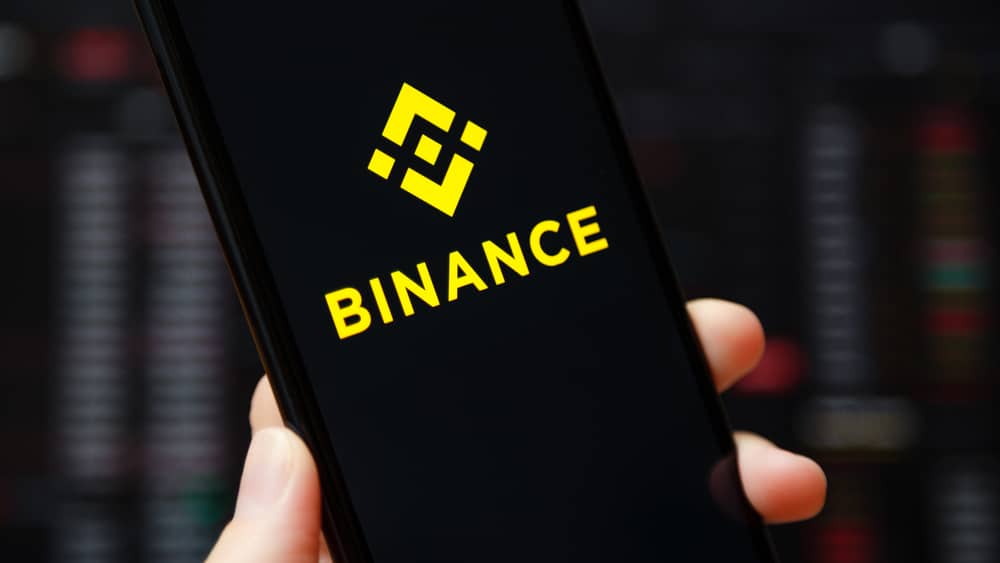
Binance P2P Strikes Out Codewords Representing Sanctioned Russian Banks
Crypto exchange Binance has previously confirmed the scrapping of the green and yellow codewords in the payment methods as a reference to the sanctioned Russian banks. The yellow and green options removal from the peer-to-peer (P2P) services occurred when Binance faced relentless criticism for utilizing the code words.
The Binance P2P exchange services involve a message board that allows users to place buying and selling orders for cryptocurrency. It functions as a crypto escrow service. Nonetheless, it differs from Binance’s primary exchange platform by leaving the handling of fiat payments to the users. Also, no fiat-based money movement occurs through Binance’s servers.
Wall Street Journal Publication Unearths Endorsement of Sanctioned Russian Banks
A Tuesday, August 22 publication by the Wall Street Journal indicated that Binance listed sanctioned Russian banks, including Rosbank and Tinkoff, as transfer alternatives. The discovery criticized Binance, alleging that the largest crypto exchange by transaction volume could violate sanctions. The inclusion of the two banks endorsed their use as payment methods.
Several Russian news outlets reported on Thursday, August 24 that Binance P2P scrapped the banks from the payment methods. Nonetheless, the banks would resurface using the code words green and yellow to represent the sanctioned financial institutions. In particular, Binance labeled Tinkoff using yellow, while green denoted Rosbank.
A subsequent publication by the Wall Street Journal on Friday, August 25, confirmed that Binance struck the Russian banks from the list. The publication cited the admission by the Binance spokesperson that removing the banks was necessary. The executive decried that the account holders would utilize the service to overcome the sanctions.
The Binance executive restated that the exchange continually implements several updates. Updating the system is inevitable to guarantee compliance with the immediate and global regulatory standards. The executive indicated that Binance is always open to addressing the gaps highlighted and remediating them immediately.
Binance P2P Retains Tens of Russian Payment Methods to Facilitate Ruble-Crypto Conversion
A review of the Binance P2P service indicates that though the exchange removed the yellow and green alternatives, tens of payment methods facilitate the ruble conversion into crypto. Users can choose from the 16 remaining options by Raiffeisenbank, Payeer, AdvCash, and Russian Standard Bank.
The Binance P2P payments list shows that neither Tinkoff and Rosbank nor the codeword equivalents exist. However, The situation is controversial as Binance P2P users have yet to halt advertising sales while identifying the green bank as the preferred payment method.
The affected users, however, list Ak Bars Bank and Russian Standard Bank as payment methods. Nonetheless, they explicitly indicated in the advertiser’s terms that they only accept transfers via the green bank. Although it is still sudden to adjust the payment methods, users would still leverage the Binance P2P to trade via the sanctioned channels.
The disclosure of codewords for the sanctioned Russian banks adds to the controversy witnessed in peer-to-peer marketplaces since their inception. Advocates for the P2P marketplaces, such as Paxful co-founder Ray Youssef, consider them necessary channels to overcome government payment censorship. Critics label the P2P as a conduit leveraged by criminals in the cross-border movement of illicit funds.
Centralized P2P Marketplaces Susceptible to Government Crackdown
Youssef revealed in a Friday, August 25 pronouncement that P2P marketplaces are limited by their centralized nature. The centralized infrastructure leaves them vulnerable to government crackdowns. He cited the closure of LocalBitcoins early this year despite being one of the pioneer P2P marketplaces.
Youssef’s statement on Friday decried the government crackdown that saw Paxful temporarily suspended in April 2023. Although the orders were lifted a month later, the experience constitutes a reason to advance censorship-resistant P2P marketplaces.
Paxful’s Youssef Unveiling Censorship Resistant Civ Kit
The Paxful co-founder revealed an ongoing project that would be unveiled later this year. He indicated that the Civ Kit would withstand government censorship while guaranteeing a permissionless P2P marketplace.
Youssef’s white paper indicates that Civ Kit would prioritize scaling the global trade for diverse items, including commodities, fiat currencies, and services. He lamented the continued crackdown on P2P marketplaces through Operation Choke 2.0. This understanding inspires the need for Civ Kit to resist government shutdown.
Editorial credit: Iryna Budanova / Shutterstock.com




